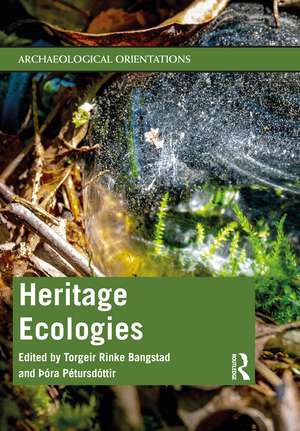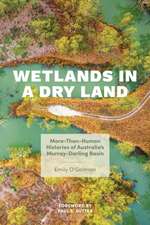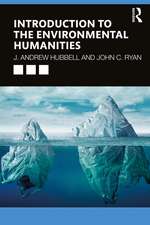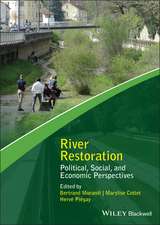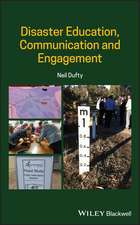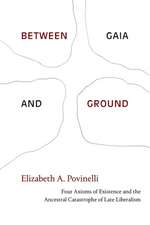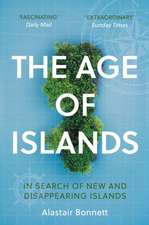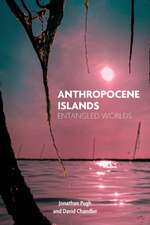Heritage Ecologies: Archaeological Orientations
Editat de Torgeir Rinke Bangstad, Þóra Pétursdóttiren Limba Engleză Paperback – 24 aug 2021
Heritage Ecologies presents an ecological understanding of heritage that furthers a concern for how the making and unmaking of heritage objects always involves a wide range of human and other-than-human actors.
Recognizing the entangled nature-cultures of heritage is essential in the Anthropocene era, where uncertainty and rapid environmental change force us to recast common conceptions of inheritance and to envision new strategies for preservation. Heritage sites are meant to be open and shared spaces, and a recurring argument in the cases presented here is that this openness inevitably also overrides our selections, orders and appreciations. Through a diverse range of case studies, the chapters collected in this book aim to explore the affects and memories engendered by diverse heritage ecologies where humans are neither the sole makers nor the only inheritors. The common call is that the experential, perceptive and informational plenitude enabled through contributions of other-than-human actors is key to an ecological rethinking of heritage in the twenty-first century.
Heritage Ecologies is unique in bringing heritage studies into closer proximity with a wide variety of non-representational and object-oriented theories and is an important volume for students and researchers in archaeology and heritage studies.
Preț: 292.35 lei
Nou
55.95€ • 58.12$ • 46.47£
Carte tipărită la comandă
Livrare economică 03-17 februarie 25
Specificații
ISBN-10: 1138294608
Pagini: 426
Ilustrații: 128 Halftones, black and white; 128 Illustrations, black and white
Dimensiuni: 174 x 246 x 25 mm
Greutate: 0.79 kg
Ediția:1
Editura: Taylor & Francis
Colecția Routledge
Seria Archaeological Orientations
Locul publicării:Oxford, United Kingdom
Notă biografică
Þóra Pétursdóttir is Associate Professor of Archaeology at the University of Oslo, Norway.
Cuprins
Descriere
Heritage Ecologies presents an ecological understanding of heritage that furthers a concern for how the making and unmaking of heritage objects always involves a wide range of human and other-than-human actors.
Recognizing the entangled nature-cultures of heritage is essential in the Anthropocene era, where uncertainty and rapid environmental change force us to recast common conceptions of inheritance and to envision new strategies for preservation. Heritage sites are meant to be open and shared spaces, and a recurring argument in the cases presented here is that this openness inevitably also overrides our selections, orders and appreciations. Through a diverse range of case studies, the chapters collected in this book aim to explore the affects and memories engendered by diverse heritage ecologies where humans are neither the sole makers nor the only inheritors. The common call is that the experential, perceptive and informational plenitude enabled through contributions of other-than-human actors is key to an ecological rethinking of heritage in the twenty-first century.
Heritage Ecologies is unique in bringing heritage studies into closer proximity with a wide variety of non-representational and object-oriented theories and is an important volume for students and researchers in archaeology and heritage studies.
